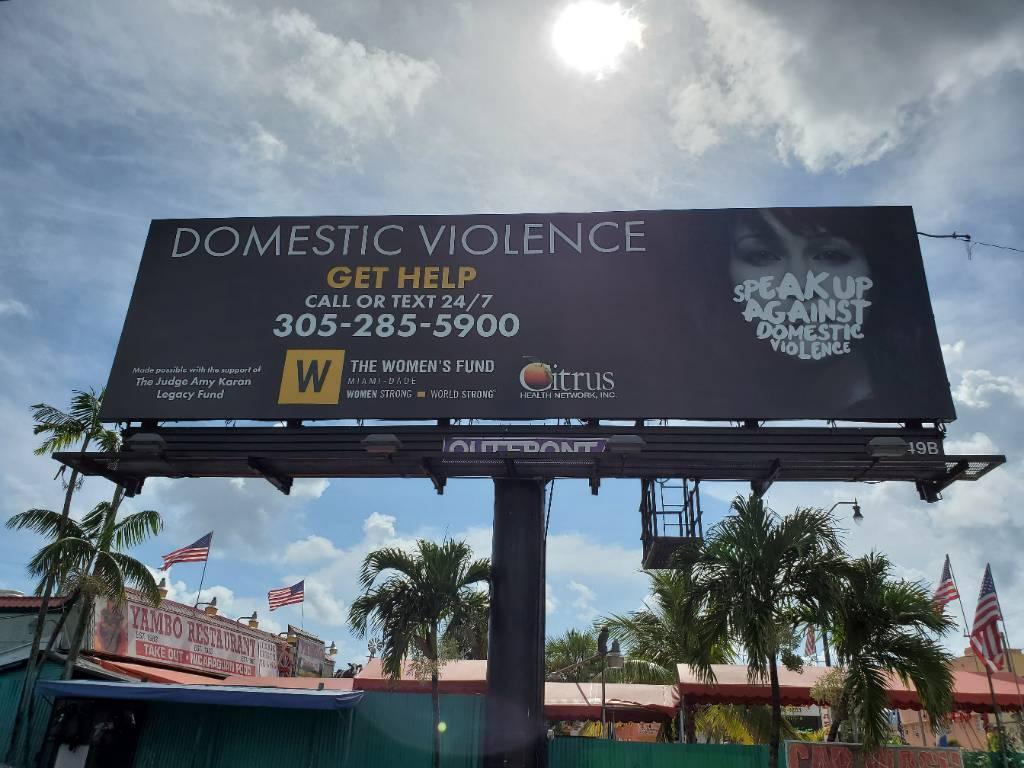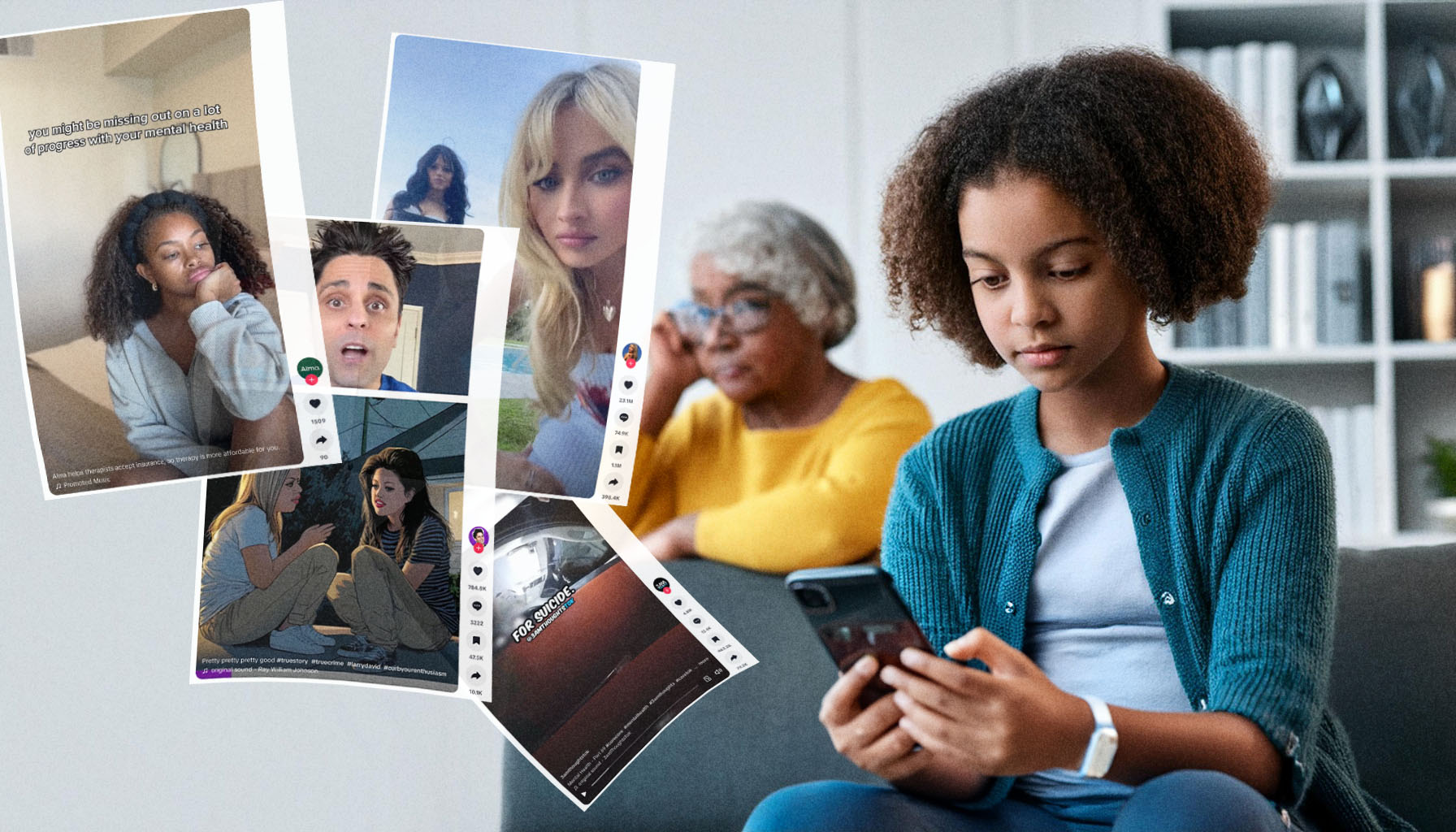We can do better!
This event happened on October 7 @ 9:00 am – 10:30 am
On Thursday, October 7, 2021 Experts shared profound insights into the neuroscience that underlies and informs how human beings react to trauma and why it is critical that not only law enforcement and service providers, but the community at large, be trauma-informed.
According to a report by Wilson, C., Lonsway, K.A., Archambault, J. (2020), Understanding the Neurobiology of Trauma and Implications for Interviewing Victims by End Violence Against Women International: “….a sexual assault victim is typically operating from the position where the defense circuitry is in control of their responses. As such, the victim’s attention and thoughts are generally driven by the perpetrator’s behavior, while the victim’s behavior is determined largely by survival responses and habits – whether from childhood, adolescence, or adulthood. This also means that the ability to give an account of the incident will be impaired. Most victims will, at some point, have difficulty talking about “what happened next” during the sexual assault and their interview will include details that they are unable to sequence.
Without an understanding of the neurobiology of trauma, an account that includes some or all of these characteristics might be viewed as inconsistent, inaccurate or unreliable. It might even be reasonable to question whether the victim is lying about the sexual assault. If you don’t know anything about dissociation, tonic immobility, or collapsed immobility, for example, you might wonder why a victim did not resist the assault – and question whether the sexual acts were consensual. Similarly, if you don’t understand the functioning of the hippocampus and the distinction between top-down versus bottom-up attention, you might question why the victim can’t remember what seems like basic or crucial details about the assault. If you don’t understand that the hippocampus often lapses into a fragmented or refractory mode after an initial super-encoding (or “flashbulb”) mode, it won’t make sense when a victim is able to tell you a great deal about the initial moments of the sexual assault, but very little about “what happened next.”
Come to your Women’s Fund to find out
What You Should Know and What You Can Do =
we are most assuredly Stronger Together!
KEYNOTE SPEAKER

SPEAKER




If you don’t automatically receive the link to the event upon RSVPing
please check your spam folder, or contact milana@
SPEAKERS TO BE ANNOUNCED









